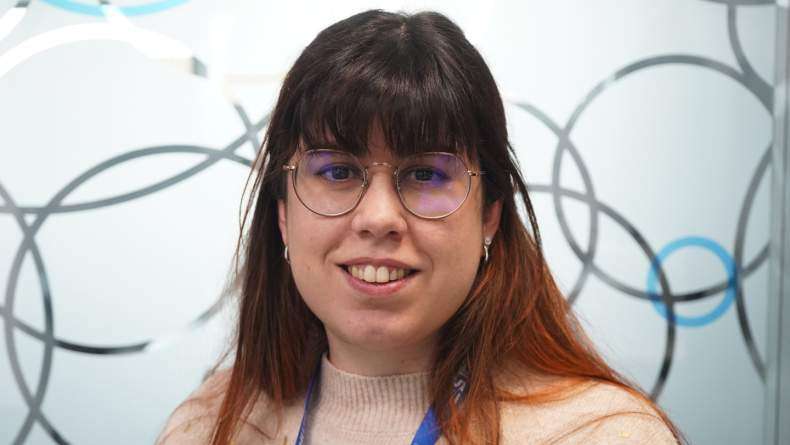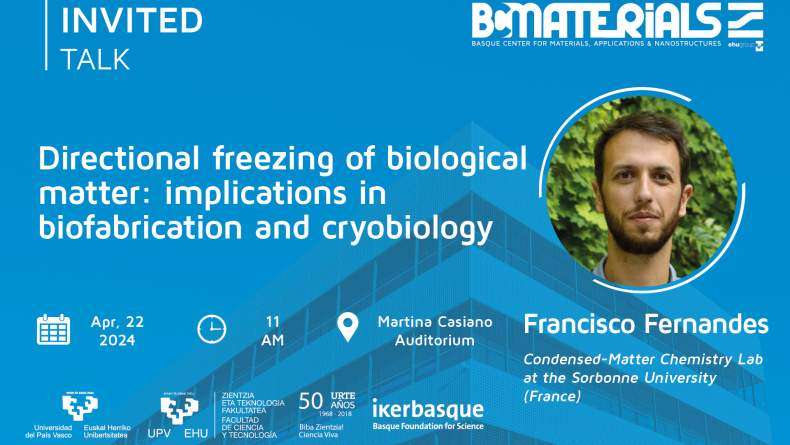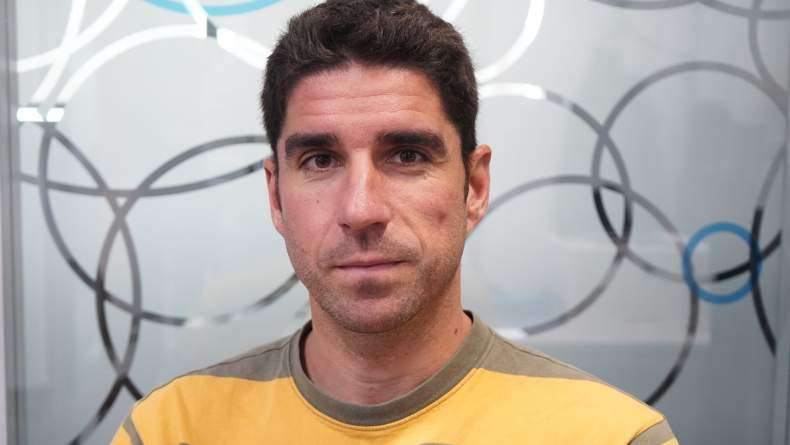Singlet Exciton Fission in Organic Molecules for Better Harvesting Light in Photovoltaics

 Jiri Pfleger
Institute of Macromolecular Chemistry, Academy of Sciences of the Czech Republic, Heyrovsky Sq. 2, 162 06, Prague, Czech Republic
E-mail address: pfleger@imc.cas.cz
Singlet fission (SF) has been proposed as a promising way to increase the photovoltaic power conversion efficiency beyond the Shockley–Queisser limit. The majority of materials known for efficient SF phenomenon up to now belong to the groups of biradicaloids and large benzenoid hydrocarbons. In crystalline aromatic hydrocarbons of the acene type, mainly tetracene and pentacene, and their derivatives, the reported triplet excitons yield reached 200 %. However, the choice of available materials with an efficient SF and sufficient stability remains limited and the importance of the search for new materials is obvious. It has been also shown that the supramolecular structure is of particular importance for limiting processes competitive to SF, like excimer formation.
We present two types of organic materials on which the SF has been observed:
(i) π-conjugated metallo-supramolecular polymers constituted of a,w-bis(terpyridyl)- oligothiophenes reversibly linked into chains via coordination of their end-groups to Zn(II) ions. The configuration of nitrogen atoms allows for defined tridentate facial-meridian coordination of terpyridine end-groups to the ion couplers giving polymers with well-defined stereochemistry. The transient optical absorption kinetics after an photoexcitation into second electronic excited state was consistent with an ultrafast SF process with time constant of 130 fs.
(ii) Diketopyrrolopyrroles are well known and widely used dyes and pigments. By a proper substitution on amide and aromatic groups it is possible to change both their electronic structure and mutual packing of molecules in thin films. It allows tuning the exoenergeticity of the singlet fission process as well as to optimize the mutual interactions between neighbor molecules enabling the formation of intermediate states necessary for the efficient singlet fission.
Jiri Pfleger
Institute of Macromolecular Chemistry, Academy of Sciences of the Czech Republic, Heyrovsky Sq. 2, 162 06, Prague, Czech Republic
E-mail address: pfleger@imc.cas.cz
Singlet fission (SF) has been proposed as a promising way to increase the photovoltaic power conversion efficiency beyond the Shockley–Queisser limit. The majority of materials known for efficient SF phenomenon up to now belong to the groups of biradicaloids and large benzenoid hydrocarbons. In crystalline aromatic hydrocarbons of the acene type, mainly tetracene and pentacene, and their derivatives, the reported triplet excitons yield reached 200 %. However, the choice of available materials with an efficient SF and sufficient stability remains limited and the importance of the search for new materials is obvious. It has been also shown that the supramolecular structure is of particular importance for limiting processes competitive to SF, like excimer formation.
We present two types of organic materials on which the SF has been observed:
(i) π-conjugated metallo-supramolecular polymers constituted of a,w-bis(terpyridyl)- oligothiophenes reversibly linked into chains via coordination of their end-groups to Zn(II) ions. The configuration of nitrogen atoms allows for defined tridentate facial-meridian coordination of terpyridine end-groups to the ion couplers giving polymers with well-defined stereochemistry. The transient optical absorption kinetics after an photoexcitation into second electronic excited state was consistent with an ultrafast SF process with time constant of 130 fs.
(ii) Diketopyrrolopyrroles are well known and widely used dyes and pigments. By a proper substitution on amide and aromatic groups it is possible to change both their electronic structure and mutual packing of molecules in thin films. It allows tuning the exoenergeticity of the singlet fission process as well as to optimize the mutual interactions between neighbor molecules enabling the formation of intermediate states necessary for the efficient singlet fission.
Bio “Dr. Jiri Pfleger works currently as a head of the Department of Polymers for Electronics and Photonics in the Institute of Macromolecular Chemistry, Academy of Sciences of the Czech Republic in Prague. He obtained his Master in biophysics in the Charles University and PhD in physical chemistry in the Czech Academy of Sciences for studies of electrical phenomena in conjugated polymers. His research is focused on optical and electrical properties of conjugated organic materials and nanocomposites with plasmonic nanoparticles for flexible electronics.
In 1987-88 he stayed at SUNY at Buffalo in the prof. Prasad’s laboratory, later he worked also in Hahn-Maitner Institute in Berlin, City University in HongKong and Technical University in Lodz, Poland. He is a lecturer in the Charles University and in the Technical University in Prague and member of the scientific boards of these universities. He also worked as a project technical advisor for European projects and consultant for Lallemand company in France.”Related news
Eloie Gallego, New Research Technician Assistant
BCMaterials welcomes Eloie Gallego, who joins our center as new Research Technician Assistant. She will work giving service to a growing laboratory activity in our facilities. Eloie’s academical and…Invited Talk with Joel Villatoro on April 25
On April 25, BCMaterials will receive Dr. Joel Villatoro as a new invited speaker with the talk entitled “"All-Optical Fiber Sensing". The talk will start at 10:00 at the Martina Casiano auditorium (…Invited Talk with Francisco Fernandes on April 22
BCMaterials will offer a new invited talk on April 22 with Francisco Fernandes, Associate Professor of the Condensed-Matter Chemistry Lab at the Sorbonne University (France) The talk will begin at…Jorge Saiz, New Ramón y Cajal Researcher at BCMaterials
We are happy to receive Jorge Saiz Galindo as new Ramón y Cajal Fellow, post-doctoral researcher in BCMaterials. Dr. Saiz obtained his degree in Biology and his PhD at the University of Alcalá, in…



